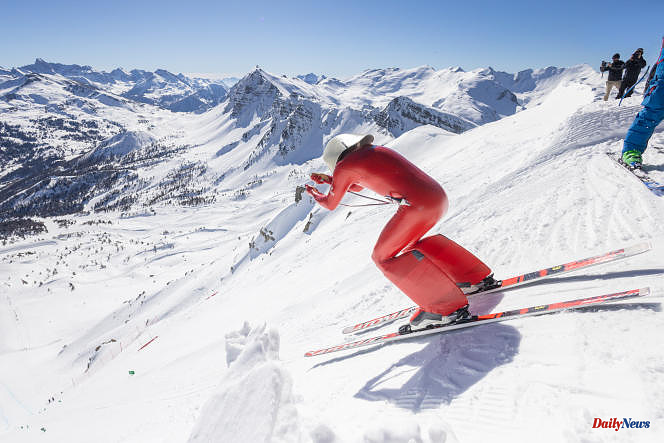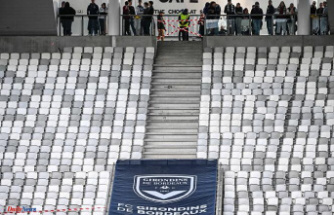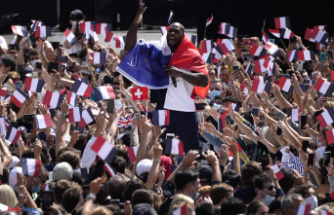You have to have a strong heart to dare to launch, at 2,715 meters above sea level, at the top of the Chabrières track, in Vars (Hautes-Alpes), on a slope which reaches 98% in places. On Wednesday March 22, during the Speed Masters 2023, Simon Billy entered without fear and reached the impressive speed of 255.5 km/h, thus setting a new world record for speed skiing.
The 31-year-old Frenchman thus knocks down the mark established in 2016 by the Italian Ivan Origone, who had been flashed at 254.958 km / h. Among the previous holders of this world record is also Philippe Billy, the father of Simon who, in 1997, was clocked at 243.902 km/h.
“I did the run of my life, I was calm and confident at the start, said Simon Billy after his descent. This record today at home in Vars is a collective victory. Kid, I attended all the records here (…). It's a childhood dream come true. »
Le Varsin has been training since his childhood on the Chabrières track, the only one in the world approved for speed records. Skiers can reach 200 km/h in less than 6 seconds. With an average speed over 100 m estimated at 255 km/h, Simon Billy won his second title of world champion in speed skiing. He beat Italian Simone Origone (254,050 km/h), Ivan's big brother, and Austrian Manuel Kramer (252,840 km/h).
In the women's competition, Sweden's Britta Backlund won with a speed of 244.930 km/h ahead of Italy's Valentina Greggio (241.880 km/h). The latter has held the women's world record since 2016, 247.083 km / h. Frenchwoman Cléa Martinez (234.780 km/h) completes the podium.
The discipline, demonstrated at the Olympic Games in Albertville (France), in 1992, has not appeared on the Olympic program since, for lack of approval by the International Olympic Committee.












